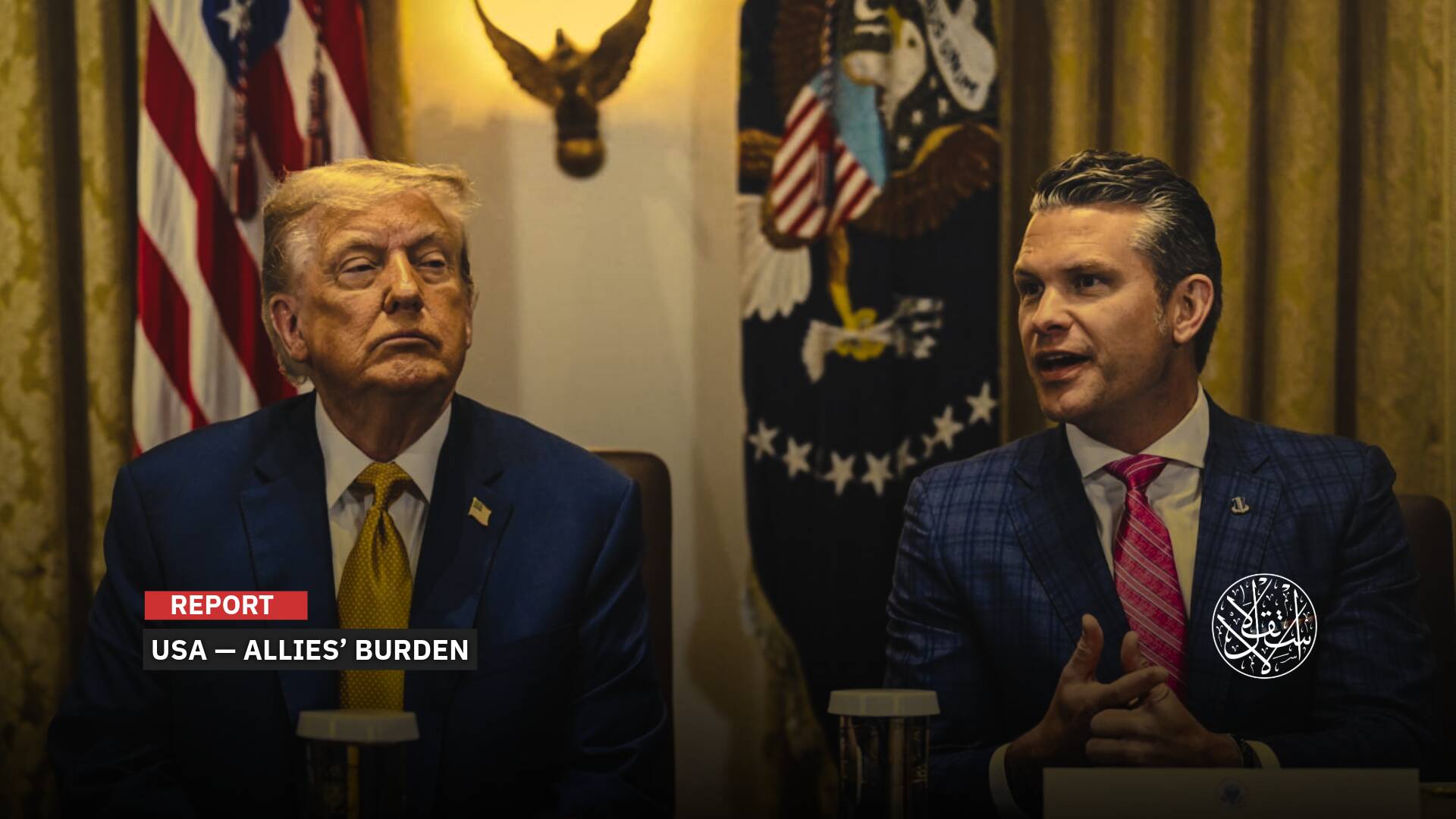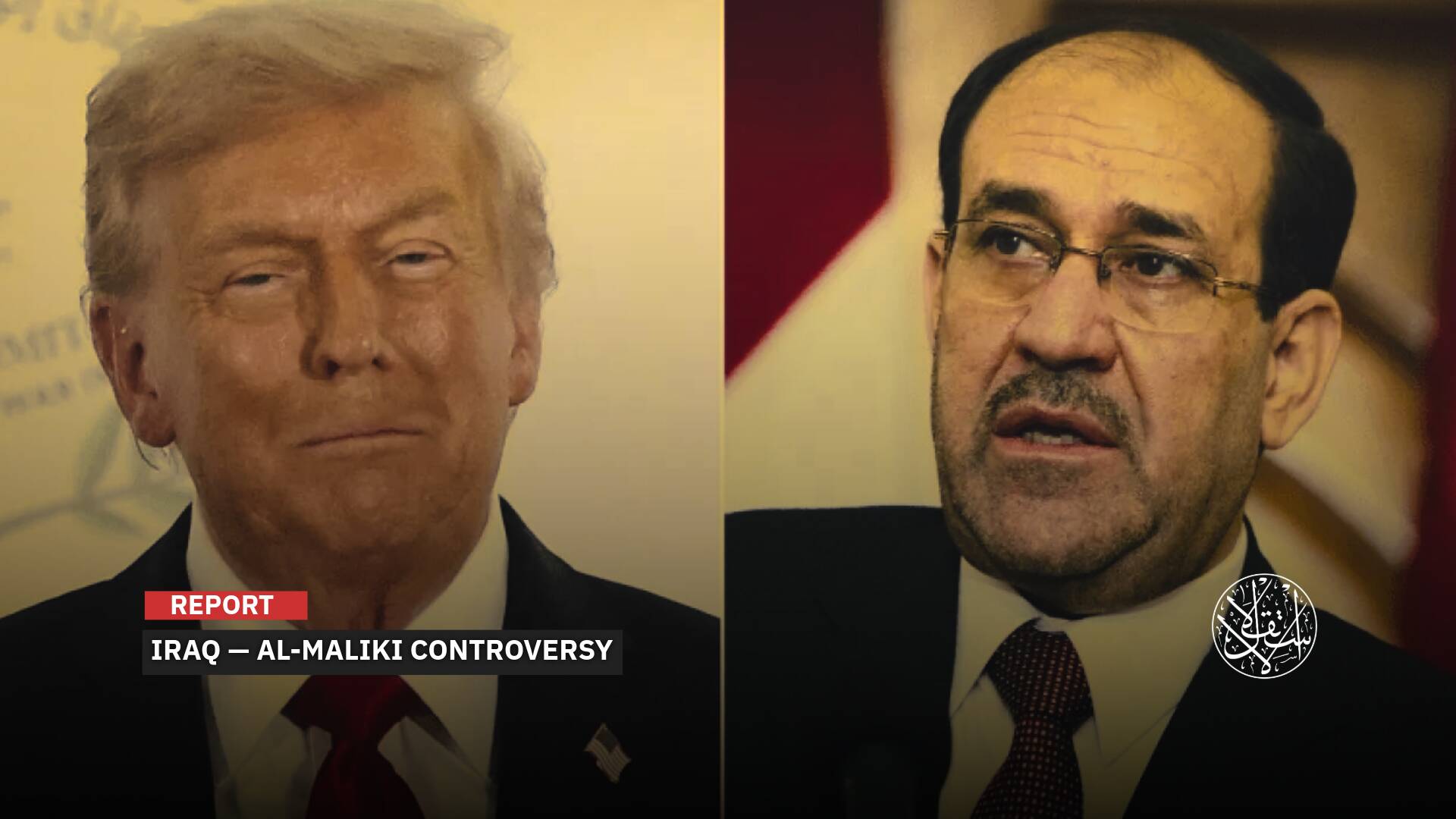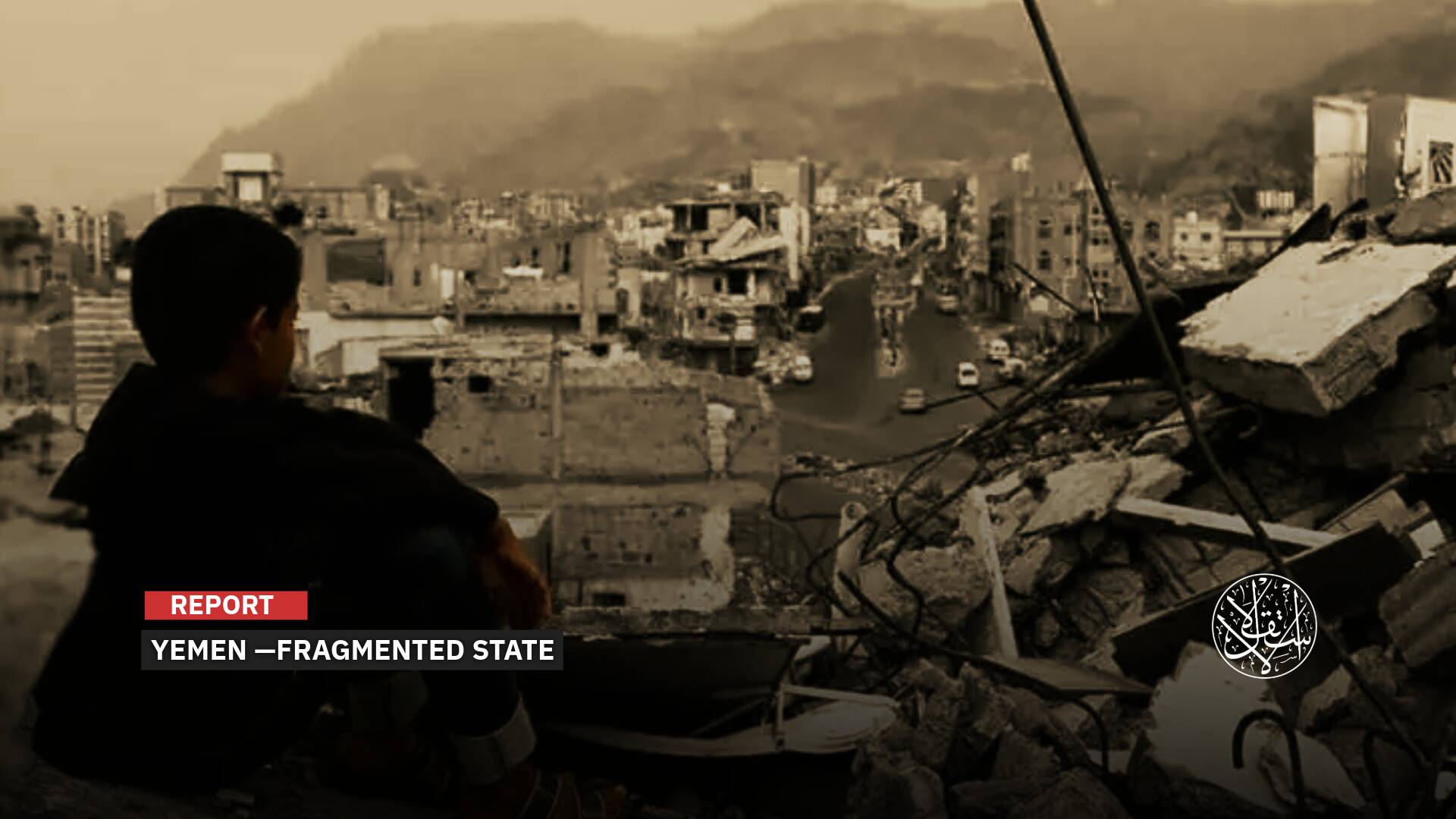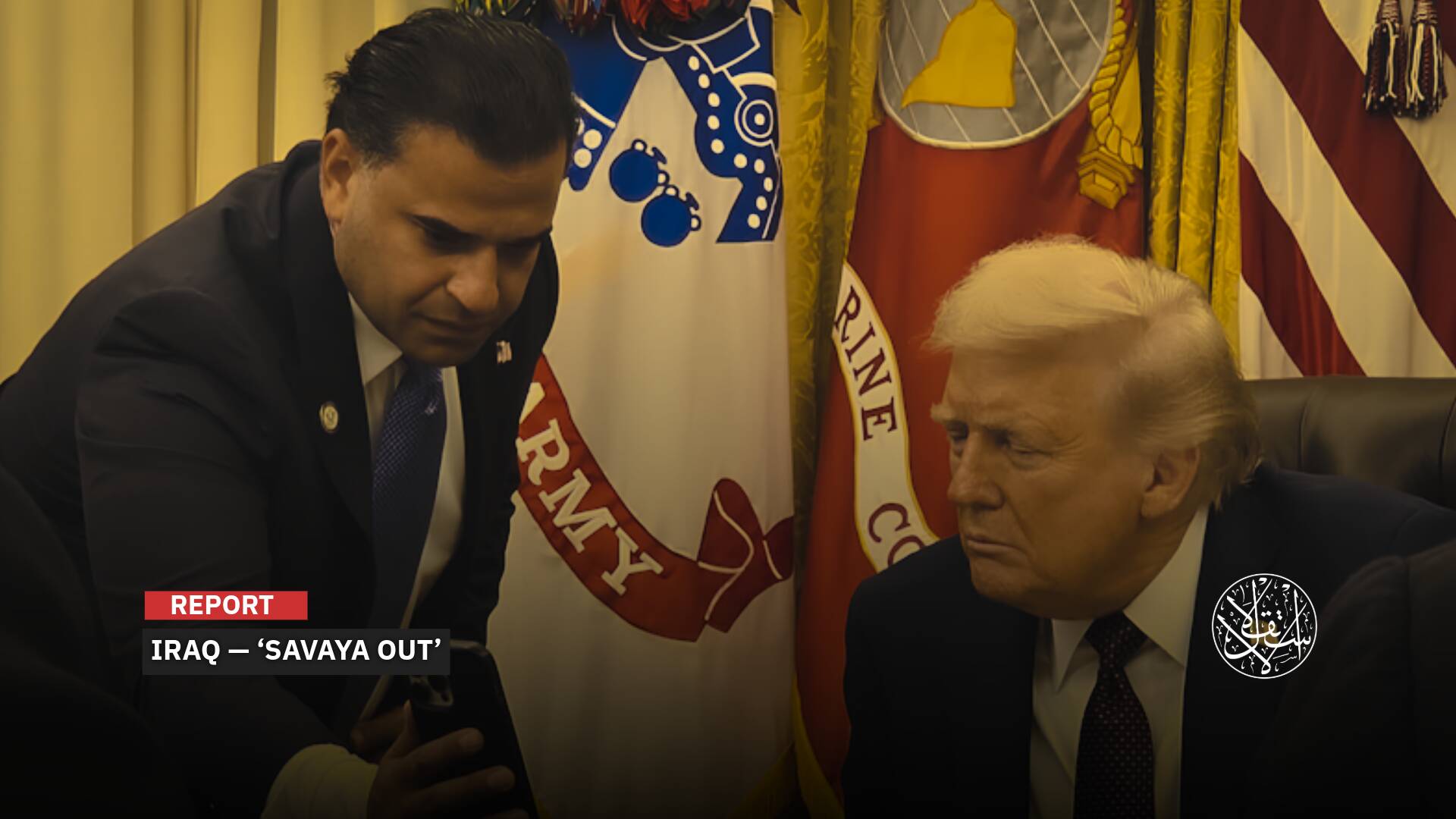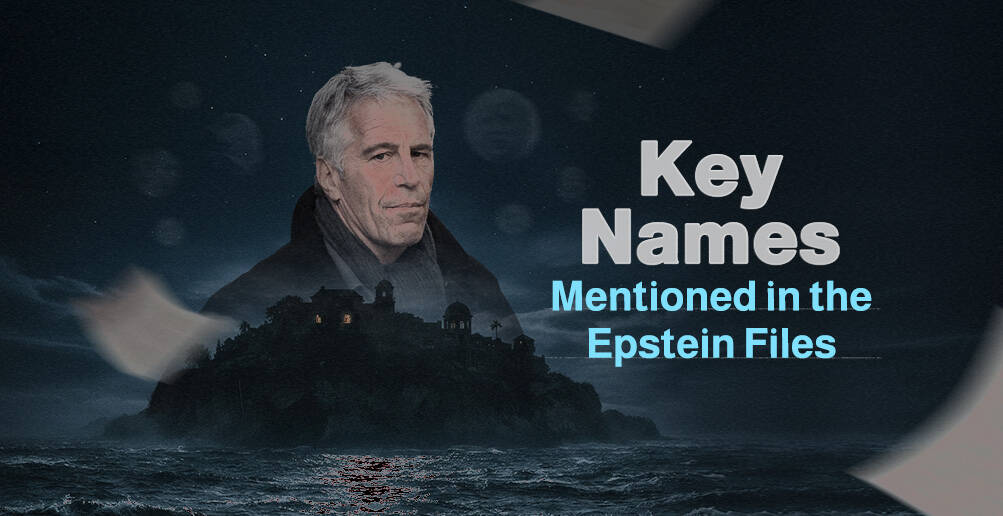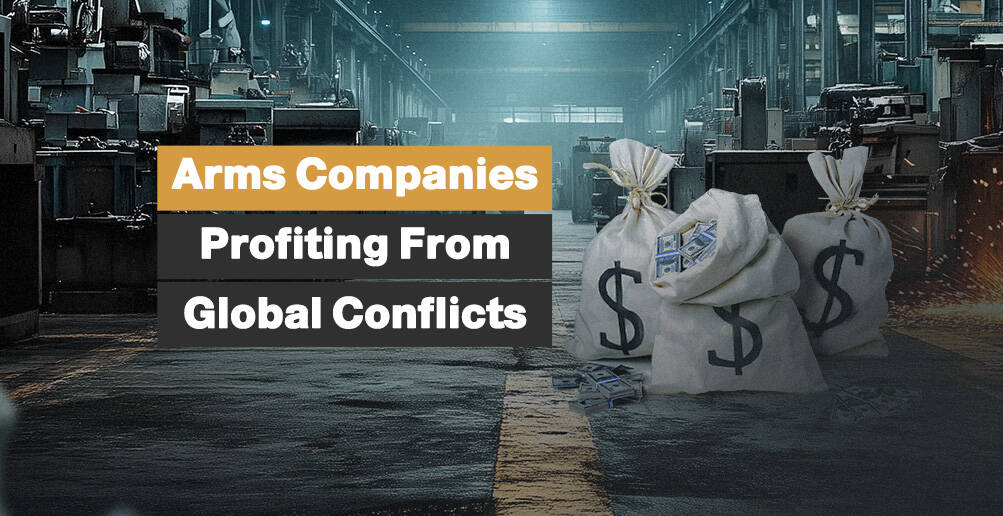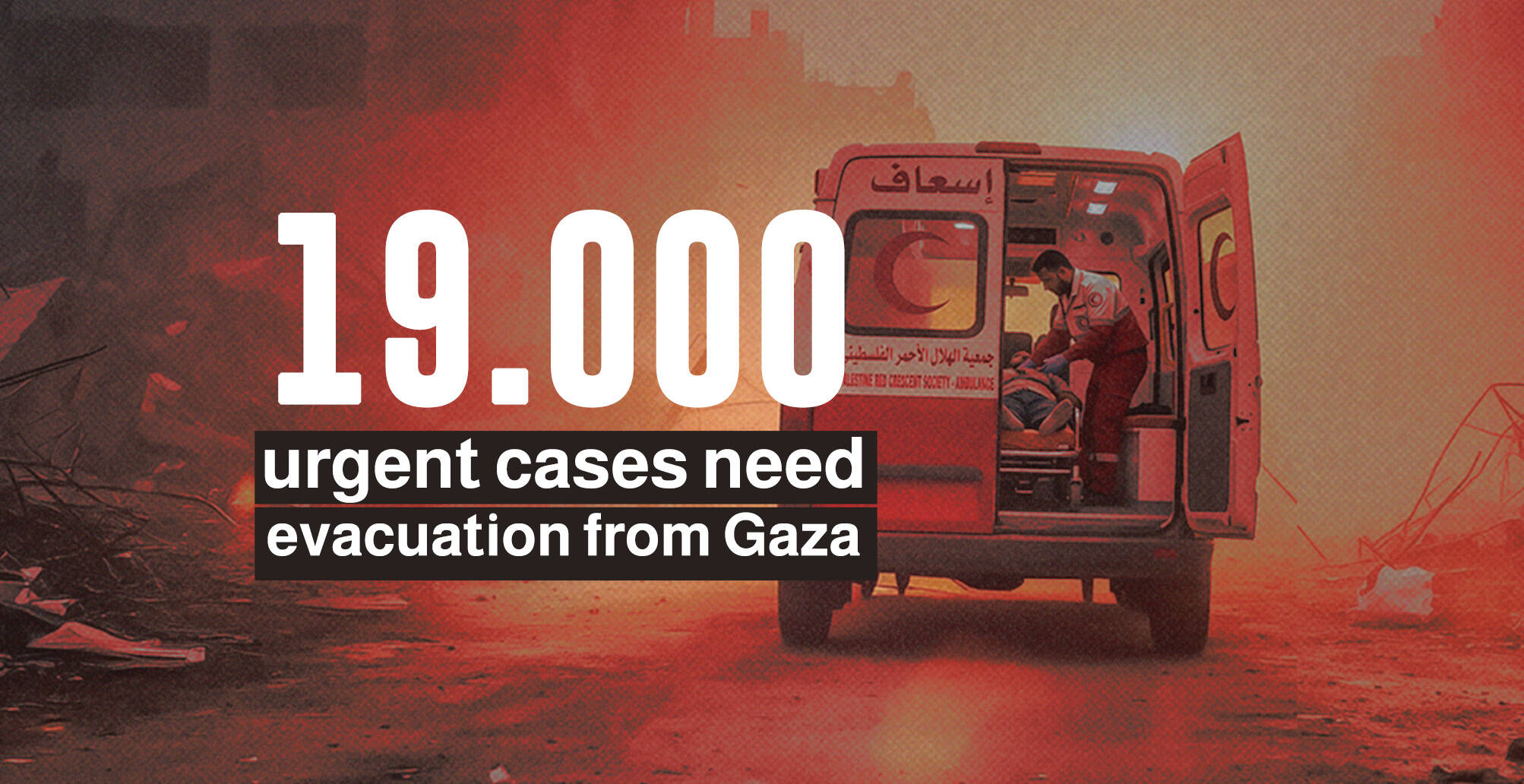What’s Next After Three African Nations Withdraw from ECOWAS?

The withdrawal of these countries could impact the organization’s economic dimensions.
After previously announcing their withdrawal from the Economic Community of West African States (ECOWAS) on January 28, 2024—accusing the bloc of straying from its founding ideals—Mali, Niger, and Burkina Faso officially exited the organization following more than a year of intense diplomatic tensions.
On January 29, 2025, ECOWAS confirmed that the three Sahel nations had formally left the regional group. ECOWAS, once Africa’s most integrated regional organization with 15 member states, was founded to promote economic integration as a pathway to security and political cooperation. Over its 49-year history, it has even intervened militarily in Togo (2005), Guinea-Bissau (2012), and Gambia (2017).
A New Regional Alliance
The tension between the three nations and ECOWAS can be traced back to the military coup in Mali. On August 18, 2020, a group of soldiers ousted President Ibrahim Boubacar Keita, installing an interim government led by Bah Ndaw. Then, on May 24, 2021, Colonel Assimi Goita spearheaded another coup, arresting the president and top civilian officials.
In response to these coups, ECOWAS closed its borders with Mali, froze its financial assets in regional banks, and recalled member ambassadors from Bamako following a summit in Accra in January 2022.
Tensions escalated further after Burkina Faso’s coup in late September 2022, led by Captain Ibrahim Traore, and reached a breaking point with Niger’s July 2023 coup. ECOWAS even threatened military intervention to reinstate ousted President Mohamed Bazoum and imposed severe economic sanctions on Niger—later reversed.
To counter ECOWAS’s threat of military intervention in Niger after the coup that removed Bazoum, the three Sahel nations formed a new regional alliance called the Alliance of Sahel States (AES) on September 16, 2023, effectively distancing themselves from ECOWAS.
Burkina Faso, Mali, and Niger accuse ECOWAS of imposing “inhumane, illegal, and illegitimate” sanctions in response to the coups that brought them to power. ECOWAS has consistently opposed military takeovers, pressuring for a swift return to constitutional order and civilian rule—measures that included harsh sanctions on the three states before eventually lifting them.
Commenting on the withdrawal, Mohammed Zakaria Aboudahab, a professor of international relations and international law at Mohammed V University in Rabat, said the exit follows the wave of military coups—or, as the African Union puts it, “non-constitutional changes”—that have swept through these countries. Burkina Faso, Mali, and Niger have been under military rule since coups between 2020 and 2023 and now face escalating violence from armed groups.
Speaking to Morocco’s Medi 1 TV, Aboudahab noted that these countries view ECOWAS’s sanctions as not only illegal and illegitimate but also as factors that have worsened their situations. The financial and economic penalties imposed by ECOWAS have drawn widespread criticism, with many arguing that the organization fails to serve the interests of the populations under its banner. Critics also accuse ECOWAS of applying double standards—sanctioning Mali while ignoring the situation in Chad, which is also under military rule.
Despite some diplomatic efforts and so-called “transition pathways,” Aboudahab pointed out that these nations have yet to hold elections or establish civilian governments. Nonetheless, he observed that they appear to be coordinating closely to tackle common challenges—not only security issues from armed groups but also severe droughts, water shortages, food insecurity, and irregular migration.
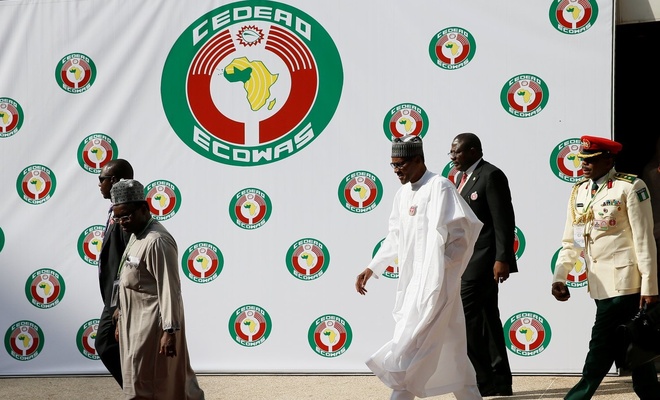
A Reasonable Move
Senegalese political scientist Haroun Ba argues that the Sahel nations’ exit from ECOWAS “reveals a fundamental clash in political visions between the two camps.”
“The withdrawal follows the collapse of peaceful negotiations and reflects the military leadership’s growing dissatisfaction with ECOWAS’s sanctions imposed after the coups,” he told Al-Estiklal.
“Mali, Niger, and Burkina Faso share significant political, geographical, economic, and geopolitical similarities, making their decision a logical one.”
Observers warn that with these three states departing, ECOWAS could face fragmentation. There is growing concern that other countries—Togo, for instance—might join the AES and follow suit. On January 16, 2025, Togo’s Foreign Minister Robert Dussey told Fox Africa that his country isn’t ruling out joining the alliance, adding, “it’s not impossible.”
If Togo does join the Sahel alliance, it might also pull out of ECOWAS, especially given the ideological rift between the two blocs—a development that could severely undermine ECOWAS’s unity.
Nigerian writer and West Africa expert Idrissa Ayat believes that, in the medium term, the impact of Togo and others potentially joining ECOWAS may be limited, since the new alliance doesn’t require members to leave ECOWAS. However, Ayat warned that in the long run, this trend could weaken ECOWAS—perhaps even threaten its survival—if withdrawal becomes a prerequisite for joining the new alliance.
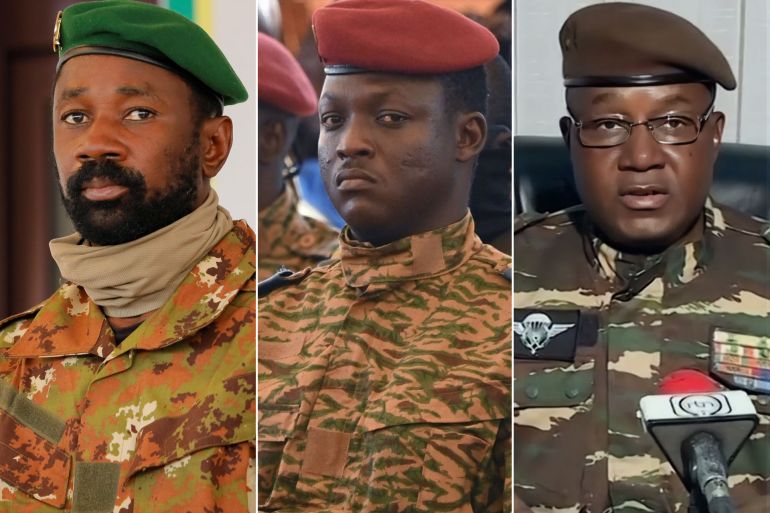
A Region Full of Challenges
Senegalese political scientist Haroun Ba believes that Mali, Burkina Faso, and Niger’s withdrawal from ECOWAS will not trigger a broader wave of exits. “The geopolitical alliance in West Africa will endure for several reasons.”
One key factor, he explained, is that the region faces significant security and development challenges, which make collective action essential. Past security policies have already demonstrated the effectiveness of a united approach.
“Major regional powers—such as Nigeria, Ghana, Cote d’Ivoire, and Senegal—favor deeper integration. Their stance is likely to encourage other nations to remain within ECOWAS,” he said.
The political scientist dismissed the notion that the departure of three states could unravel the entire bloc, emphasizing that various factors support its continued existence. The impact of their withdrawal may be short-lived, as these military-led governments are transitional. Eventually, they will step aside, potentially paving the way for their countries to rejoin ECOWAS.
Over time, Ba suggested, the geographic, historical, cultural, and economic ties binding these nations to ECOWAS may prompt them to return. While their exit might have some economic repercussions for the organization, he does not expect it to be severe. “
“In fact,” he noted, “there are indicators suggesting that the Sahel alliance states could one day reintegrate into ECOWAS.”


